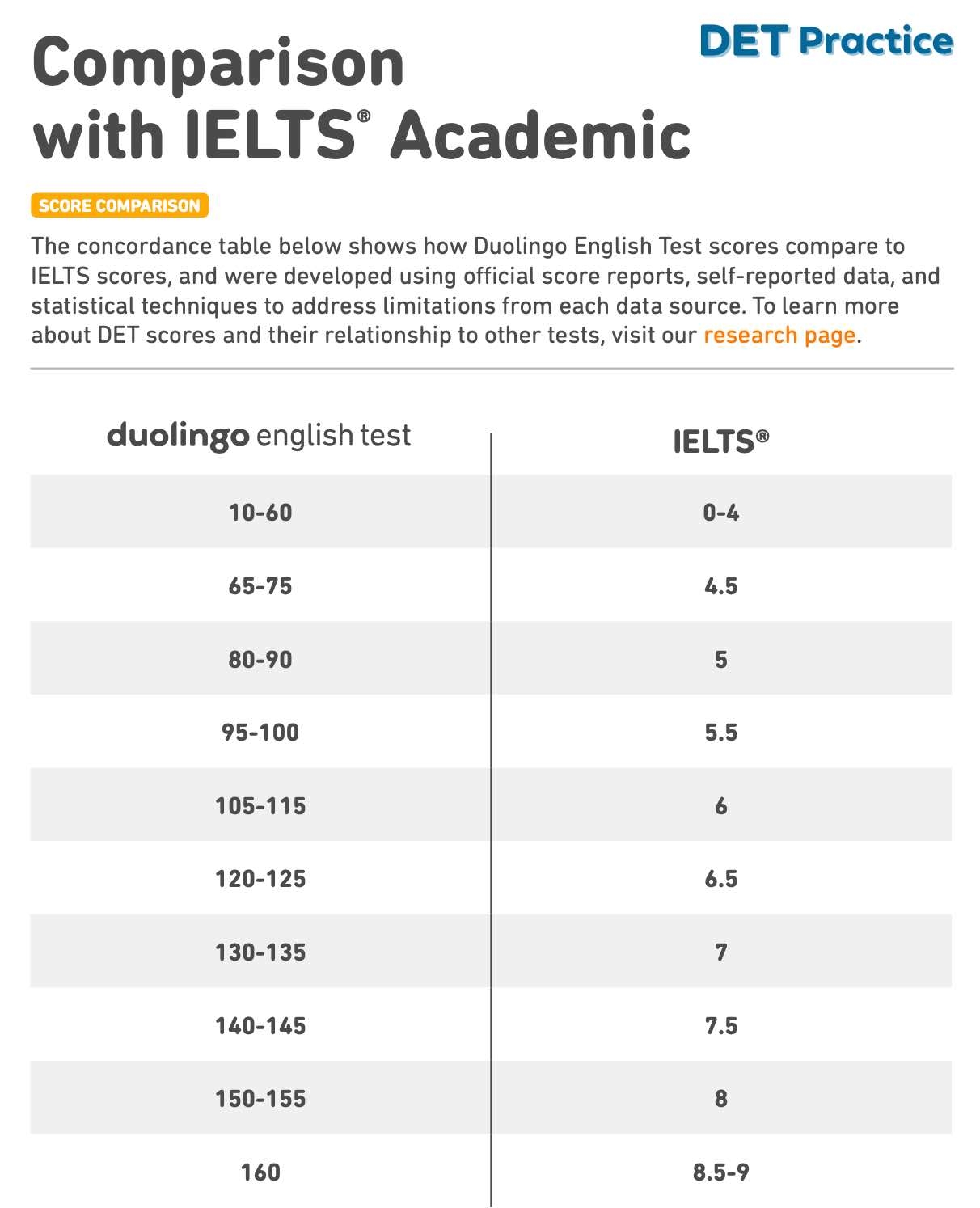When it comes to studying or working abroad, having a good grasp of the English language is essential. Two of the most popular English proficiency exams are the IELTS (International English Language Testing System) and TOEFL (Test of English as a Foreign Language). These exams are widely recognized by universities and employers around the world to assess the English language skills of non-native speakers.
Many individuals often wonder about the equivalency between the IELTS and TOEFL exams. Understanding the similarities and differences between these two exams can help test-takers make informed decisions about which exam to take based on their specific needs and goals.
One of the key considerations when comparing the IELTS and TOEFL exams is their scoring systems. Both exams have different scoring scales, but there is a general consensus on the equivalent scores between the two exams. For example, a band score of 7 on the IELTS exam is considered equivalent to a score of 100 on the TOEFL exam. This information can be helpful for individuals who are required to submit a specific score for their university or job applications.
Another important factor to consider is the format of the exams. The IELTS exam consists of four sections – Listening, Reading, Writing, and Speaking – while the TOEFL exam focuses on Reading, Listening, Speaking, and Writing. Test-takers may find one format more suitable for their strengths and preferences, which can impact their performance on the exam.
Additionally, the IELTS exam is known for its British English influence, whereas the TOEFL exam is based on American English. Test-takers should consider their familiarity and comfort with each type of English when choosing which exam to take.
In conclusion, while the IELTS and TOEFL exams have their differences, they are generally considered equivalent by universities and employers. It is important for test-takers to carefully research and understand the requirements of their intended institutions or organizations to determine which exam is most suitable for them. Ultimately, achieving a high score on either exam can open doors to exciting opportunities for studying and working in English-speaking environments.
